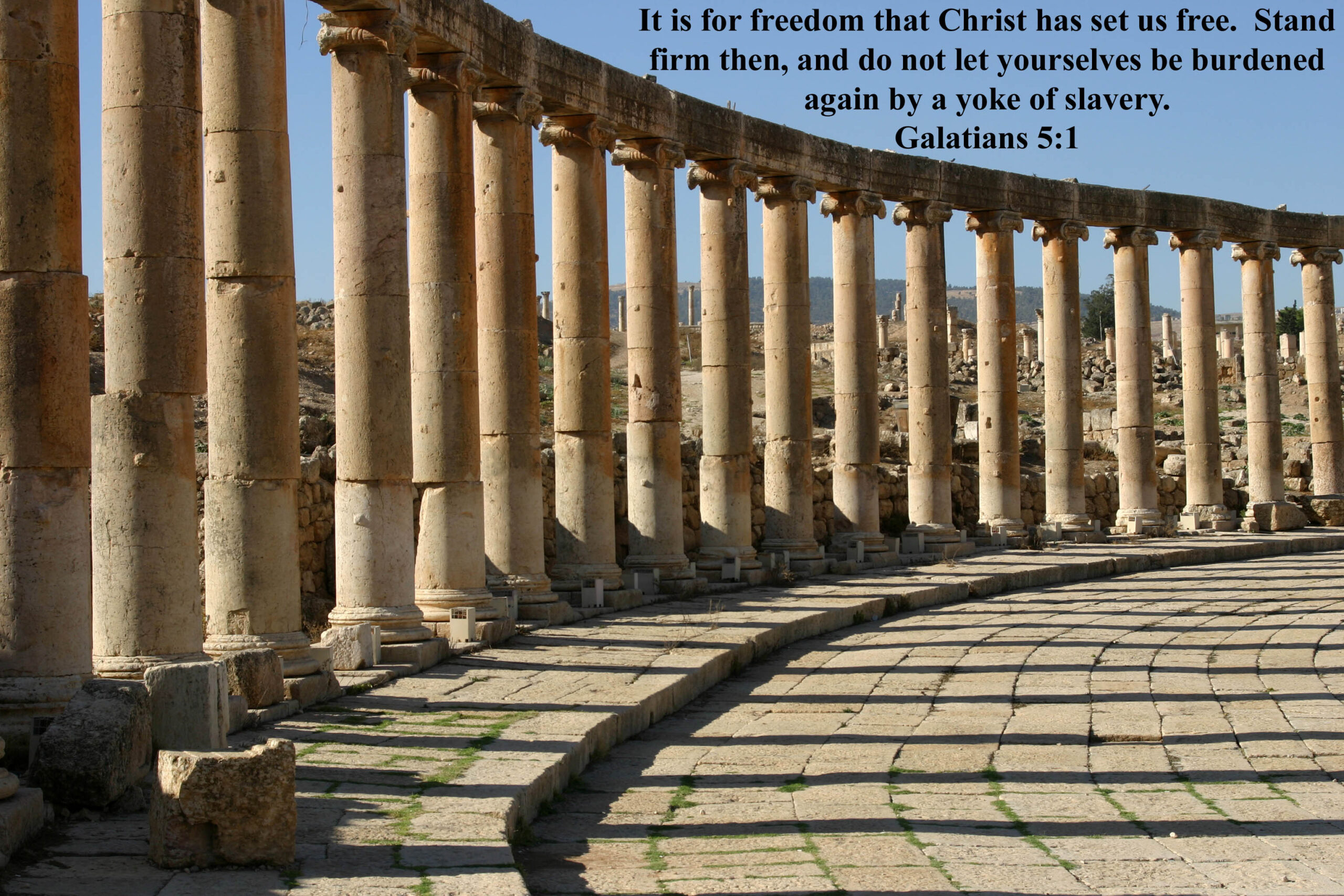Part 2: Pilgrim’s Progress
There are a number of good books dealing with doubt that I would recommend. More modern authors like Os Guinness, Gary Habermas and J. P. Moreland have made solid contributions to this subject. Of the Puritan authors, we find quite a few addressing assurance, but not so many dealing with doubt.
However, there is one particular book by a Puritan that I would place at the top of the pile of books on this topic and that is Obadiah Sedgwick’s The Doubting Believer. Sedgwick is a fairly easy-to-understand writer, although one will come across some odd-looking word structures now and again. On the whole, though this book is eminently readable.
The Doubting Believer begins with a short but inviting “To the Christian Reader” followed by a little introduction and three brief chapters dealing with the nature, kinds, and the mixture of faith and doubt. In the first of these Sedgwick speaks of doubt starkly as a wholly negative thing. One might be tempted to put the book down feeling a bit beat up for entertaining any doubts at all. In this chapter Sedgwick’s style is also slightly off-putting. However, please persevere as the main attraction, as it were is to come in chapter 4, “Springs, Causes, and Occasions of Doubting Are, or May Be, These:”
This is where the book really gets going (pp. 11-51). The treatment is exceptional. I think the main thing that makes this section so helpful is Sedgwick’s grounded view of the struggles involved in being human. With the illustrative skill so typical of the Puritans, Sedgwick helps us understand that although faith and doubt are opposites, they are nevertheless found in the same person, like heat and fog dwell together at times. The fog doesn’t drive away the heat; both are present. In like manner, the faith we have while we doubt is genuine faith, weak though it may be.
Let me here provide a sample of Sedgwick’s style and content:
“Besides all this, consider the nature and condition of true faith in this life. It must then be granted that there may be doubtings with it, forasmuch as no grace is perfect in this life, it has its contrary in the same subject in some remiss degrees. And it is one work of faith still to be casting out of doubts which do rise in the mind, which working could not be unless there they were.” (11).
Although he deals with matters such as spiritual immaturity and carnal desire, the author is well aware of the fickleness of human faith. He gives room for the very human attitude of “hurried perplexity” and “a wavering unsettledness” (17) that can accompany a new trial or temptation, and throw us off our heading. He also comments bluntly faith may or may not be connected to emotions. Similarly, the workings of the Spirit may or may not be felt in the inner man.
As the chapter goes on many reasons for doubting are exposed, from temptations and the abuse of God’s grace to things like spending too much time and energy on futile pursuits, to novel teachings. In response he gives the reader some tremendous points of wisdom. On pages 36-38 for instance, there are some wonderfully clear words of instruction about the importance of settling oneself with the doctrine of justification, and the object of that justification.
When we turn to chapter 5 (pp. 52-157) we come to the practical part of the treatise. Here the author picks up on what he had discussed in the previous chapter and applies “cures and remedies” to them. This is the longest section of the book because proper application involves much more than saying a few soothing words and moving on. So, he talks about how sin affects us and plays counter to our faith. He observes how, for example, a study of the words and works of Christ can strengthen a weak faith. He gives many examples of situations where faith can be tried, either due to our being remiss in our spiritual disciplines, or because of changes of circumstance with adverse circumstances attending, or else owing to God’s seeming withdrawal. But these are analyzed and tempered with wise counsel.
After this comes a kind of appendix dealing with four causes of doubt: a strong sense of the power of sin; a sense of God’s wrath; a condemning conscience; and the fear of sinning against the Holy Ghost. The work is finished off with a sermon by Sedgwick on “The Nature and Danger of Heresies.” This is a good sermon, which includes some lists of certain heresies which we ought to take care to avoid.
Although The Doubting Believer does suffer a bit because of the writer’s prose, it is an excellent work on a very important subject. It has helped me personally as I feel the internal/mental battle between faith and doubt a lot. Even though chapter 5 is the main chapter, I think a prayerful reading of chapter 4 alone would more than make up for the price of the book.
N.B. There are several editions of this book with several covers. I would recommend the one by Reformation Heritage Books.



